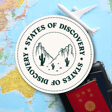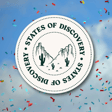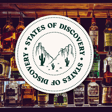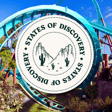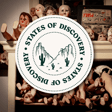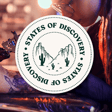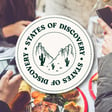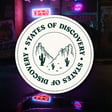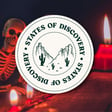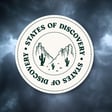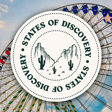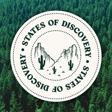
Dark Mysteries & Chilling True Crime Cases from America’s National Parks
In this episode of States of Discovery, Sara and Marisa explore the chilling true crime cases and unexplained mysteries within America’s national parks. They discuss infamous cases like the unsolved murders in Shenandoah, mysterious disappearances in Death Valley, and eerie findings in Yellowstone. Joined by experts from National Park After Dark and Crime Off the Grid, they examine the challenges of investigating crimes in vast, remote landscapes, the lack of centralized missing persons data, and the complexities of jurisdiction. They also provide crucial safety tips for park visitors and discuss the growing impact of tourism on these protected lands. The episode concludes with a reflection on how these stories influence public perception, inspiring curiosity and conservation rather than deterring visitors.
In This Episode, We Cover:
- The most infamous true crime cases in national parks, including unsolved disappearances and shocking murders.
- How investigators navigate the difficulties of solving crimes in remote wilderness areas.
- The challenges of jurisdictional overlap and missing persons databases within the National Park System.
- Practical safety tips for hikers, campers, and adventurers who want to explore national parks responsibly.
- How national parks are dealing with modern challenges, from overcrowding to budget cuts.
Featured Guests:
🎙️ National Park After Dark – A podcast exploring the dark history, strange happenings, and true crime stories of national parks.
🎙️ Crime Off the Grid – A podcast dedicated to criminal cases that occur in remote and off-the-grid locations.
Resources & Cases Mentioned:
🔎 Cold cases in national parks: NPS Cold Cases
🔎 Yosemite’s severed hand mystery: Outside Online
🔎 The mysterious disappearance of Grand Canyon newlyweds: History HowStuffWorks
🔎 Missing 411 theories & unexplained vanishings: Reddit Discussion
🔎 The tragic case of Gabby Petito: A modern national park crime that shook the world.
Don't forget to subscribe, rate, and review States of Discovery on your favorite podcast platform. We love hearing from our listeners, so share your own fair memories and suggestions for future episodes with us!
Connect With Us:
- Phone Number: 805-298-1420 - Leave us a message! We’d love to hear from you.
- Email: podcast@onlyinyourstate.com
Thanks for listening to States of Discovery. Until next time, stay safe!
![Welcome to Orlando: The Magic Beyond the Theme Parks [ 3 Part Series] image](https://media.zencastr.com/cdn-cgi/image/width=112,quality=85/image-files/62f4203e12b42701701687ad/e818c2bf-fab6-4f0c-802e-04fdc21f598a.png)
